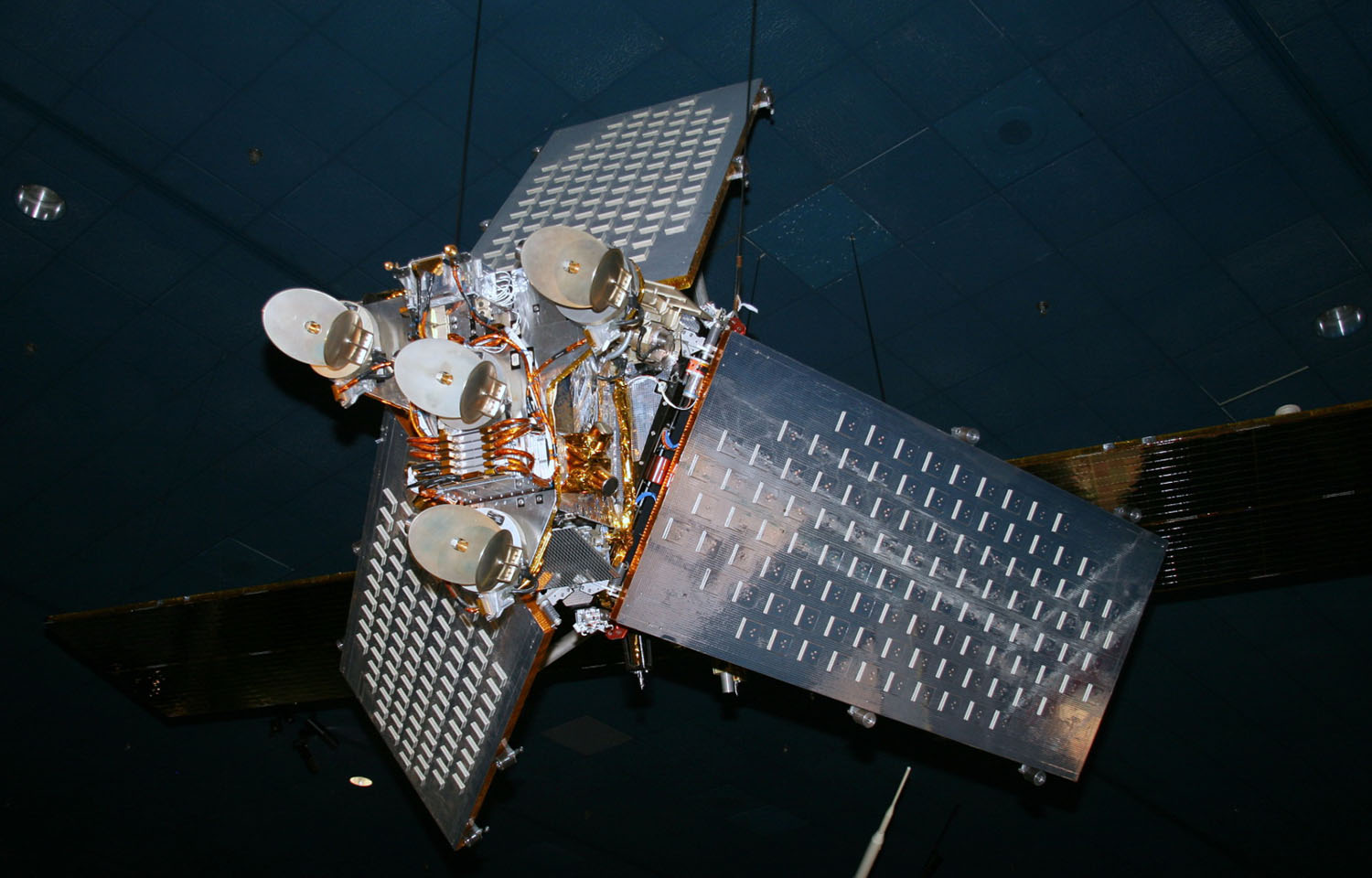A coalition of environmentalists, scientists, global lawmakers, and U.K.-based broadcasters including Chris Packham, Hugh Fearnley-Whittingstall, and Amanda Holden called on U.K. satellite firm Iridium to stop providing GPS data to fisheries that put vulnerable marine species at risk of extinction.
Iridium Satellite U.K. Limited provides sales, marketing, and technical support in regions surrounding the Indian Ocean where yellowfin tuna populations are facing significant fishing pressure threatening the stock. A letter signed by the coalition and sent to Iridium points out that unsustainable industrial-scale tuna fishing in the Indian Ocean is being supported by satellite companies like Iridium that provide GPS communications to European fishing companies.
“I was shocked to learn that Iridium, via its ‘low-earth-orbit’ satellite network, is supporting unsustainable commercial fishing activities in the Indian Ocean by providing GPS communications to industrial fishing boats engaged in massive overfishing of tuna stocks. This, I'm told, is leading to the decimation of endangered shark, turtle, whale, and dolphin population,” Broadcaster Hugh Fearnley-Whittingstall said. “Iridium's electronic devices should not be in the ocean in the first place, as they are contributing to toxic electronic waste and plastics pollution, which devastates thousands of miles of coral reefs, seagrass meadows, and beaches along the Indian Ocean coastline. Furthermore, these industrial fishing operations are stealing fish from impoverished African communities, so Iridium is complicit in that too. Please, Iridium, just abide by your own commendable environmental commitments as posted on your website, rather than making a completely hypocritical mockery of your professed concern for the future of our oceans."
The coalition highlighted the role they believe the Spanish and French tuna-fishing vessels have played in overfishing tuna populations in the Indian Ocean, with knock-on negative impacts on several endangered species including sharks, whales, and turtles. The coalition said the Iridium must take responsibility for its complicit role in putting excessive pressure on fish stocks.
While critical of the role satellite companies are playing in global fisheries, the coalition also recognized that satellites can be a force for good in wildlife conservation.
“We highly applaud Iridium’s scientific research work in the field of wildlife conservation, including field communications, surveillance and alerting, and location-based services, all of which are helping in the global fight against poaching and the illegal wildlife trade. We also applaud Iridium’s commendable partnership with The Outlaw Ocean Project, which does great work exposing wrongdoing in fisheries.”
The coalition’s specific concern in tuna fisheries is the use of tens of thousands of GPS-tracked “short-burst” data devices that, according to the signatories, allow commercial fisheries to monitor fish across large areas of ocean enabling fishers to overfish juvenile yellowfish tuna and other threatened species. The coalition also raised the concern that these devices cause marine plastic litter and e-waste pollution when devices eventually break apart at sea.
"There is something both sad and sinister about the invention and deployment of these dystopian devices. Sad because they seriously exacerbate the rate of decline of increasingly rare fish populations, and sinister because they drift unseen in distant seas on the pretext of offering shelter and respite to marine life,” Wildlife TV Presenter Chris Packham said in a press release. “In fact, they are insidious traps set by a greedy unsustainable industry hell bent on maximizing profits over any protection of these ecosystems. Bobbing out there, the quiet slop of waves on the buoy, adrift in a vast blue ocean but connected by a clever but dangerous burst of technology that sets in place a slaughter. It's all very Skynet, in both the sci-fi and real sense. And ironic that it's facilitated by a company that prides itself on saving and protecting lives. Iridium doesn’t need this, the oceans don’t need this, and tuna, sharks, dolphins, and turtles don’t need it either."
Photo courtesy of WikiMedia Commons







